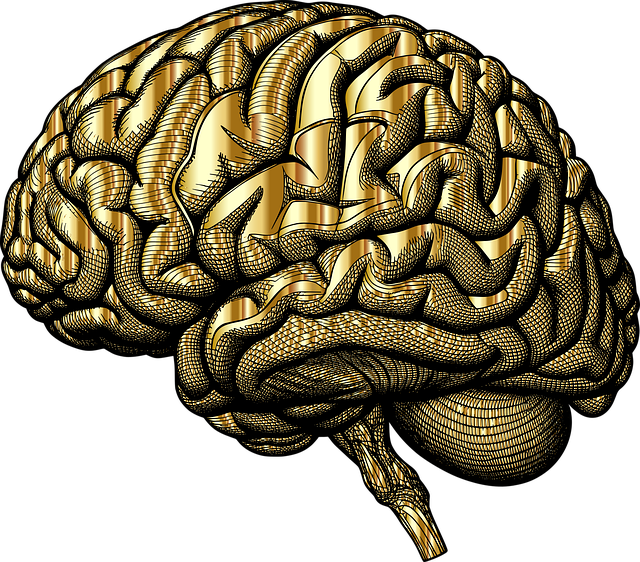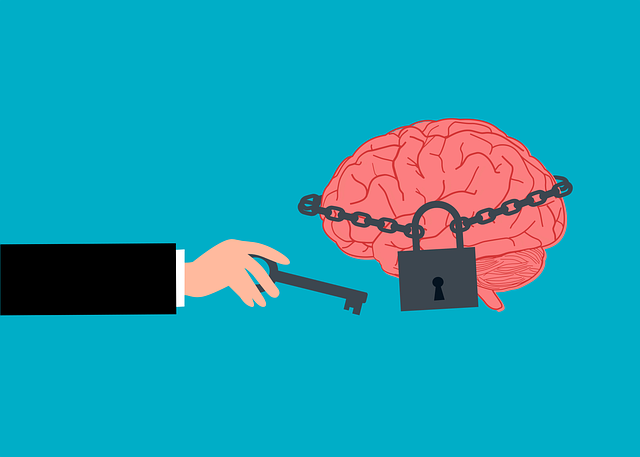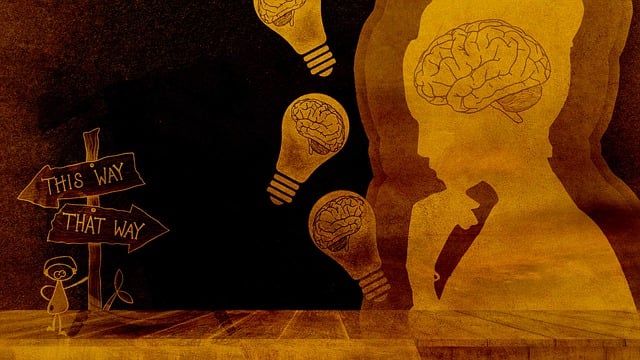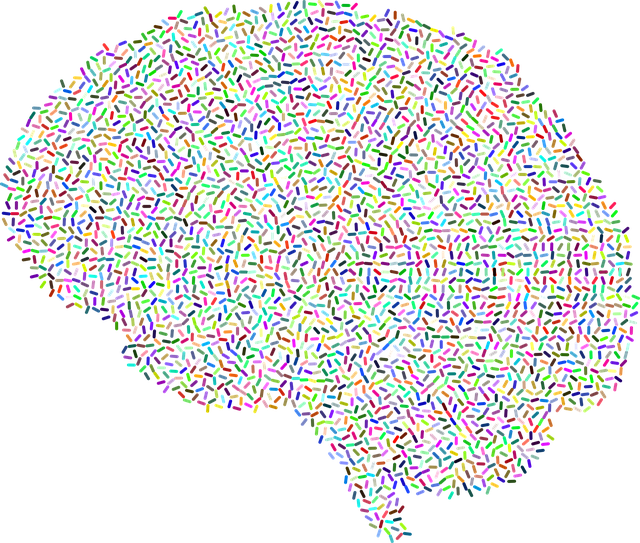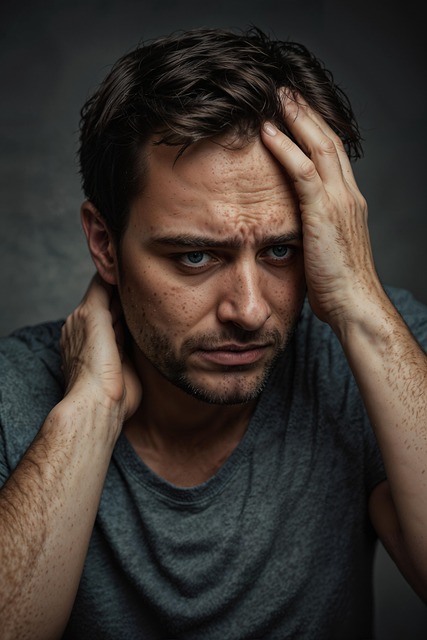Social skills training, tailored to address the unique needs of bilingual individuals with mental health conditions, offers a powerful and holistic approach to therapy. By integrating emotional regulation techniques, confidence-building activities, and culturally sensitive practices in their native language, these programs significantly reduce anxiety, enhance well-being, and foster a sense of belonging. Personalized approaches, including mental wellness coaching and podcast series, along with structured lessons, role-playing scenarios, and self-care practices, improve engagement and therapeutic outcomes, empowering bilingual clients to confidently navigate social interactions and improve their overall mental health.
Social skills training is a powerful tool in supporting individuals with mental health conditions, fostering better connections and enhancing overall well-being. This comprehensive guide explores the intricate link between social interactions and mental health, delving into the benefits of bilingualism in therapy. We discuss tailored approaches for specific conditions, effective teaching methods, and practical strategies to overcome challenges. By understanding these aspects, we can revolutionize support for those navigating mental health journeys, especially within a bilingual context, ensuring inclusive and impactful therapy.
- Understanding the Connection Between Social Skills and Mental Health
- The Impact of Bilingualism on Social Interactions and Therapy
- Tailoring Social Skills Training for Specific Mental Health Conditions
- Effective Strategies for Teaching and Practicing Social Skills
- Overcoming Challenges: Tips for Implementing Social Skills Training Programs
Understanding the Connection Between Social Skills and Mental Health

Social skills and mental health are intricately linked; improving one can positively impact the other. For individuals dealing with mental health conditions, learning and practicing social skills can be transformative. Many mental health challenges isolate people, hindering their ability to connect and engage socially. Therapy for bilingual individuals often includes a focus on enhancing these skills, as language plays a significant role in communication.
Mental Health Education Programs Design that incorporate emotional regulation techniques and confidence-boosting activities can empower individuals to navigate social situations with greater ease. By learning effective communication strategies, individuals can improve their relationships, reduce anxiety in social settings, and foster a sense of belonging. This holistic approach to mental health support recognizes the importance of social connection and interaction in an individual’s overall well-being.
The Impact of Bilingualism on Social Interactions and Therapy

Bilingualism can significantly enrich social interactions and therapy for mental health conditions. When individuals fluent in multiple languages access therapy for bilingual clients, they bring a unique perspective that considers cultural nuances and the impact of language switching. This is particularly beneficial during sessions where clients discuss personal experiences, express emotions, or navigate interpersonal relationships.
Incorporating mental wellness coaching programs development tailored to bilingual individuals can further enhance self-esteem improvement. These programs often include strategies for managing cultural identity, overcoming language barriers in mental health care, and fostering a sense of belonging. Moreover, mental wellness podcast series production centered around bilingual communities can provide accessible resources, sharing stories of resilience and offering practical tips for maintaining mental wellness. This multimedia approach ensures that the diverse needs of bilingual populations are met, promoting inclusive practices in mental health support.
Tailoring Social Skills Training for Specific Mental Health Conditions

Social skills training is a powerful tool for managing mental health conditions, but its effectiveness can be enhanced by tailoring it to specific needs. Every individual’s experience with mental health is unique; thus, adapting therapeutic strategies to address particular challenges ensures better engagement and outcomes. For instance, in the case of bilingual individuals, providing therapy in their native language not only promotes emotional well-being but also fosters a sense of comfort and trust, allowing them to openly express their feelings and work through social interactions more effectively.
This personalized approach can include specific techniques like Mental Wellness Journaling Exercises, where individuals reflect on their experiences and emotions in a supportive environment. Additionally, incorporating Mind Over Matter principles, which focus on reframing negative thoughts and fostering positive self-talk, empowers clients to manage their mental health actively. Such tailored interventions contribute to the overall success of therapy by addressing cultural nuances and individual preferences, ultimately enhancing the effectiveness of social skills training.
Effective Strategies for Teaching and Practicing Social Skills

Effective Strategies for Teaching and Practicing Social Skills
In social skills training for mental health conditions, particularly for bilingual individuals, a multi-faceted approach is essential. Therapists can employ structured lessons that break down complex social interactions into manageable components. This involves teaching specific skills like active listening, appropriate eye contact, and nonverbal cues, using clear, simple language accessible to all participants. Role-playing scenarios tailored to the individual’s cultural background and experiences can make these practices more relatable and engaging. For bilingual clients, offering therapy in both languages or integrating cultural norms into exercises can significantly enhance learning and comfort.
Beyond formal instruction, creating safe social environments for practice is paramount. Group therapy sessions can provide opportunities for individuals to interact naturally while receiving feedback from peers and therapists. Encouraging self-care practices like Mental Wellness Journaling Exercises can help clients reflect on their experiences and track progress. Developing inner strength through mindfulness or positive affirmations can also bolster confidence in social situations. This holistic approach combines direct skill training with supportive environments and reflective practices to foster meaningful improvement in social interactions for those navigating mental health challenges, especially within a bilingual context.
Overcoming Challenges: Tips for Implementing Social Skills Training Programs

Implementing social skills training programs can be a game-changer for individuals managing mental health conditions, especially when tailored to their unique needs, such as those who benefit from therapy for bilingual individuals. Overcoming challenges in this process requires a strategic approach. Firstly, ensure the program is culturally sensitive and inclusive, considering the diverse backgrounds and communication styles of participants. This can foster a sense of belonging and increase engagement.
Additionally, integrating self-care practices alongside social skills training is beneficial. Encouraging positive thinking and mental wellness techniques enables individuals to manage their conditions effectively while building resilience. By combining these strategies, programs can offer holistic support, empowering participants to navigate social interactions with confidence and improved mental health outcomes.
Social skills training is a powerful tool in supporting individuals with mental health conditions, offering tailored strategies to enhance their interactions and overall well-being. By understanding the unique needs of various mental health disorders and considering factors like bilingualism, we can create effective programs that foster meaningful connections. Through evidence-based teaching methods and practical exercises, these skills can be acquired, leading to improved quality of life for those navigating mental health challenges. Additionally, addressing potential hurdles in implementation ensures accessibility to this valuable therapy for all who need it, including bilingual individuals.
